
FWO
KU Leuven
Wired for recovery
Will a miniature device implanted in the brain help stroke survivors in their recovery? That is what Ugur Kilic (KU Leuven - FWO) researches in her PhD. Find out more in this video!



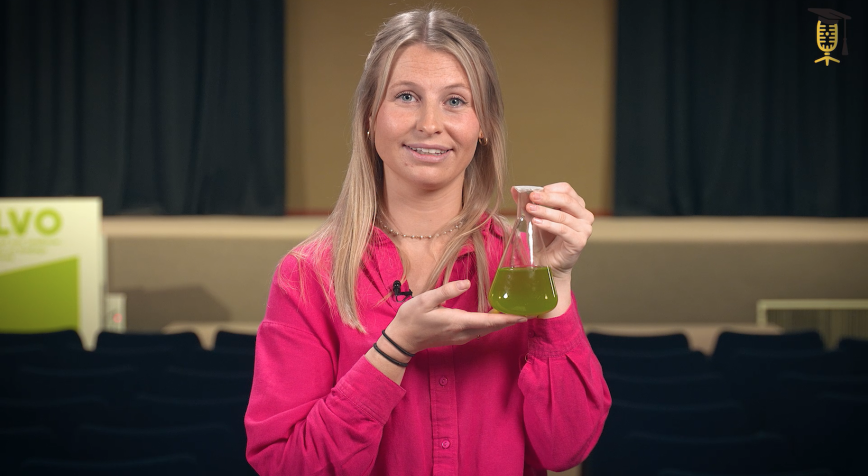
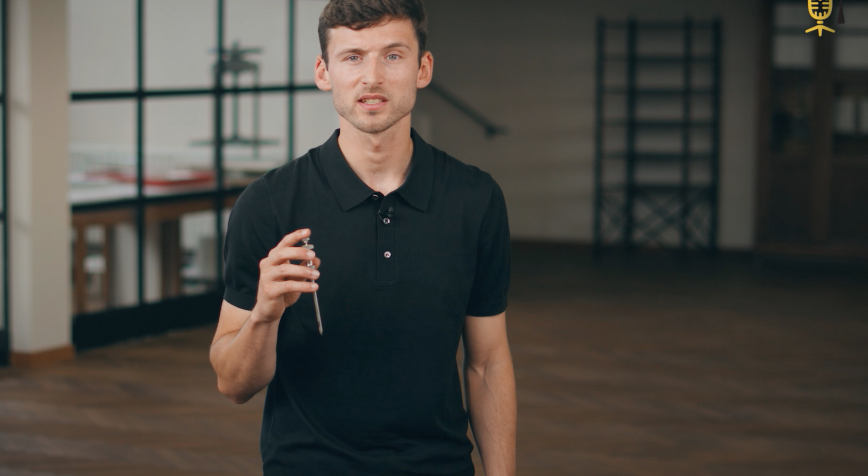
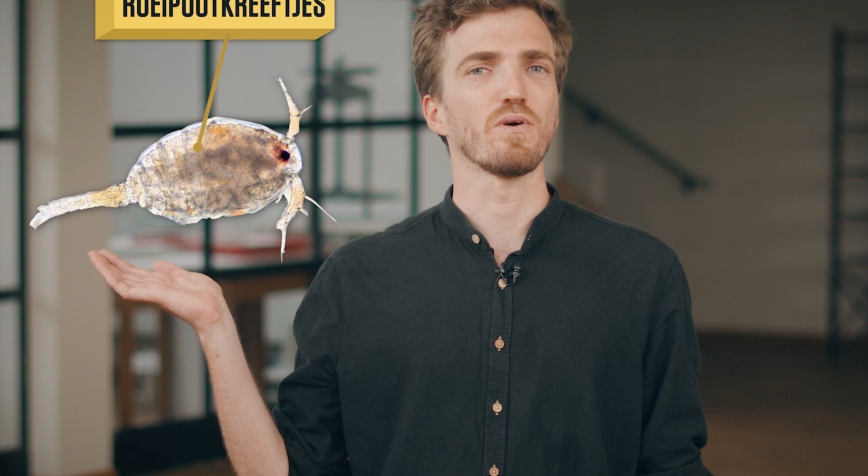
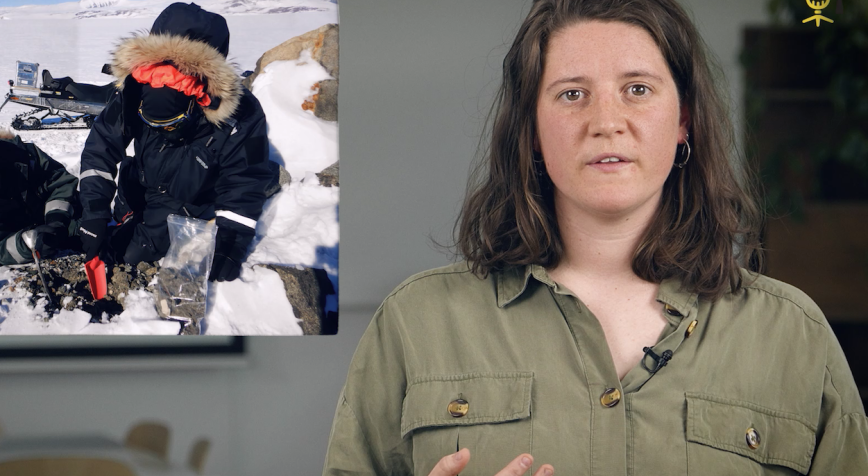
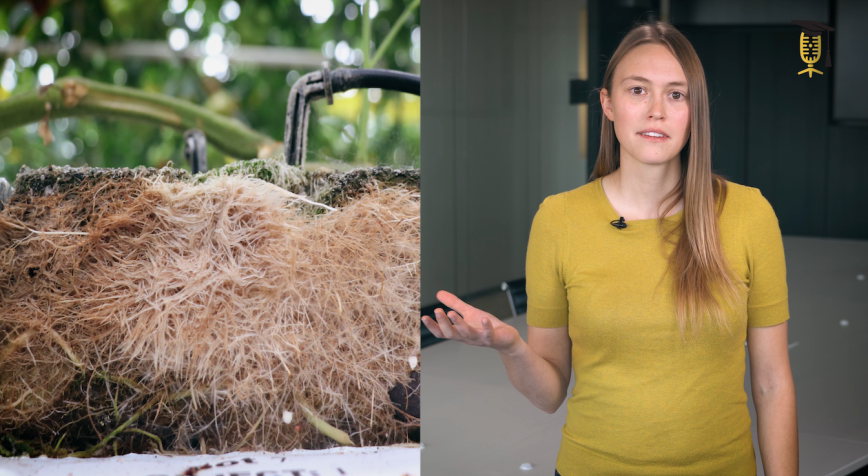
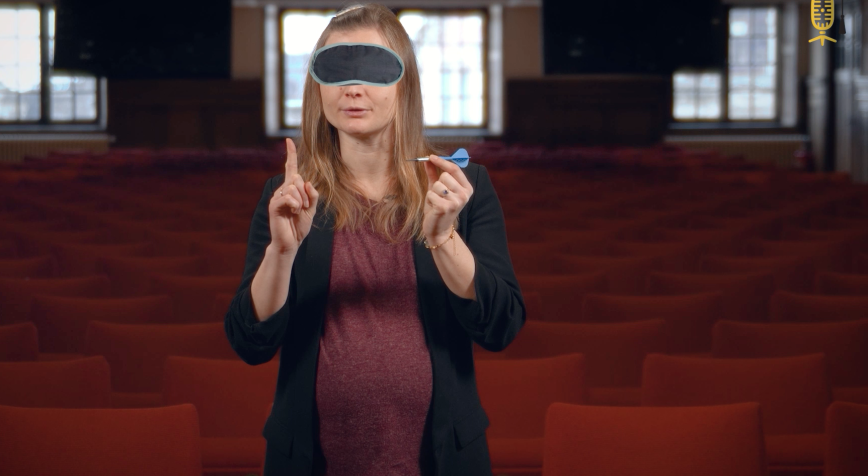
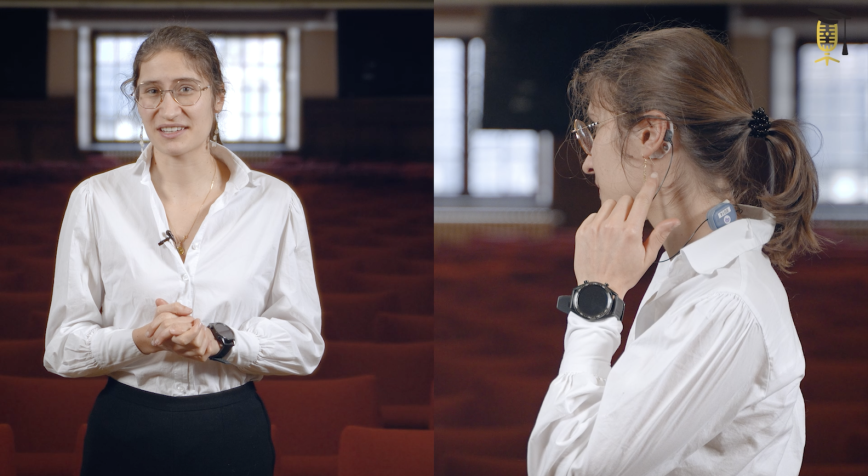

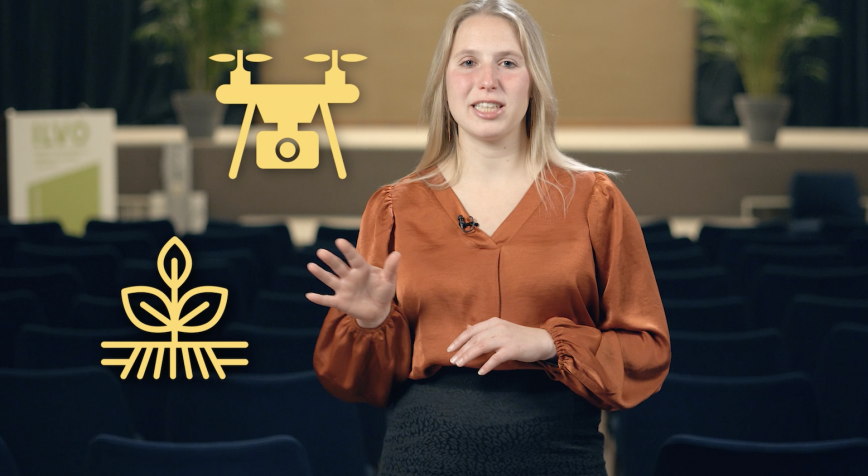
Expect 2 new videos every week. Want to stay up to date?